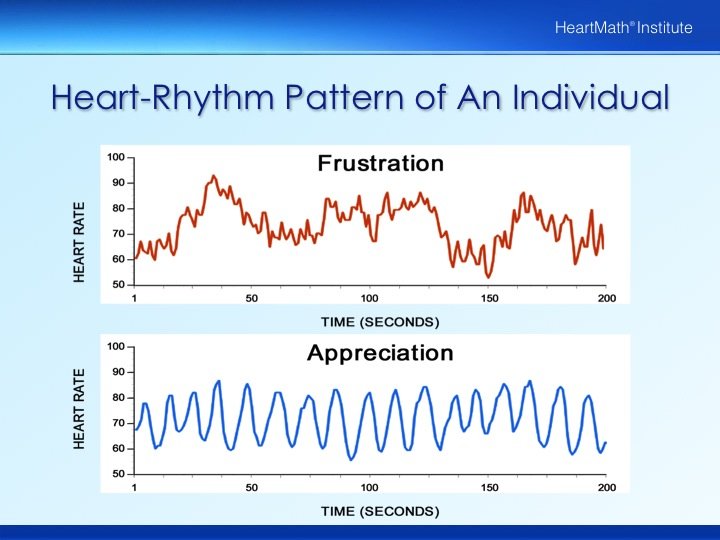Navigating the world of mental health and therapeutic services can be overwhelming, and it can be challenging to understand the various credentials and designations held by mental health practitioners. Counsellors often list many letters after their names – what do they represent?
These letters stand for abbreviated credentials that show the public the level and nature of the education and training of the person they are trusting for service. They can quickly demonstrate whether the practitioner works under a code of ethics, is registered and qualified as a professional, and whether they have specialized knowledge in any specific area. They also can be important indicators of which professionals may be covered by your extended health benefits plans.
Let’s break down some of the key designations and what they mean for those seeking counselling and therapeutic services. You can click on the title designation for a link to the EVC practitioners who have that registration, and follow links to book a free introduction from each counsellor’s profile.
Counselling and Psychotherapy Credentials:
- RCC (Registered Clinical Counsellor): This title, given by the BC Association of Clinical Counsellors(BCACC), is an assurance of a counsellor’s qualification to provide clinical services in British Columbia. Application to become an RCC includes having a Masters degree ,an extensive practicum, and credible professional references.
- CCC (Canadian Certified Counsellor): Issued by the Canadian Counselling and Psychotherapy Association (CCPA), this certification confirms that a counsellor has met national standards for training and professional practice. In order to become a CCC, counsellors must have a Masters degree and complete an extensive practicum. CCC and RCC (see above) are generally considered to be equivalent.
- CCC-S (Canadian Certified Counsellor Supervisor): This credential from the CCPA indicates expertise in supervising other counsellors, ensuring they follow ethical and professional guidelines.
- RCC-ACS (Registered Clinical Counsellor – Approved Clinical Supervisor): This designation from the BCACC signifies advanced qualifications in supervising clinical counsellors within BC.
- RCC–ACS (Provisional): This designation from the BCACC shows that the practitioner has been conditionally approved as an RCC-ACS.
- RP (Registered Psychotherapist): This designation shows that the practitioner is registered with the College of Registered Psychotherapists of Ontario (CRPO)
- RSW: Clinicians with this designation are Registered Social Workers with the British Columbia College of Social Workers. Registered Social Workers are trained to support people in the context of their social settings. This may or may not include counselling skills. RSW clinicians at EVC have completed additional training in Counselling.
- Pre-Licensed Counsellor: While this is not an official designation, at EVC we use this term to show that the counsellor has completed their graduate training and are in the process of applying for their licensure.
- Student Intern Counsellor (or Intern Counsellor): Student interns at EVC are in the process of completing a graduate program in a counselling related field. In order to complete their credential, they must successfully finish an extensive, highly supervised practicum in the field. EVC only accepts graduate level clinicians, so all student interns are in masters-level programs.
Academic Degrees:
- MA (Master of Arts): A general postgraduate degree in various disciplines, including counselling.
- MACP (Master of Arts Counselling Psychology): A specific degree focusing on developing expertise in psychological theories and practices in counselling.
- MA-CYC (Master of Arts in Child and Youth Care): This degree emphasizes developmental and therapeutic approaches for working with children and youth.
- MA-MFT (Master of Arts in Marriage and Family Therapy): A degree specializing in therapy for couples and families.
- MC (Masters of Counselling): This degree focusing on developing expertise in counselling approaches and practices.
- M.Ed. (Master of Education): Often with a focus on educational psychology, this degree supports careers in educational and counselling settings.
- MSW (Master of Social Work): This degree prepares professionals for various roles in social work, sometimes including clinical practice. Not all social workers are also counsellors.
- PhD (Doctor of Philosophy): A research-focused doctoral degree that can also lead to careers in academia and advanced practice.
- Psy.D (Doctor of Psychology): A professional doctoral degree focusing on practical aspects of psychology and therapy.
Social Work and Marriage & Family Therapy Registration Credentials:
- RCSW (Registered Clinical Social Worker): This credential is for social workers who provide clinical services, ensuring they meet professional standards.
- RMFT (Registered Marriage & Family Therapist): Awarded by the Canadian Association for Marriage & Family Therapy, this designation signifies expertise in working with couples and families.
- RMFT-S (Registered Marriage & Family Therapist Supervisor): This credential is for those who supervise marriage and family therapists.
Specialized Certifications:
- SEP (Somatic Experiencing Practitioner): This designation from Somatic Experiencing International indicates advanced training in Somatic Experiencing, including multi-year intensive training.
- DVATI (Graduate Diploma from the Vancouver Art Therapy Institute): This diploma represents that the practitioner has advanced graduate diploma training in art therapy from a recognized institute in Vancouver. Also known as GradDip (Art Therapy).
- EMDR-CT: The clinician has advanced training and certification in Eye Movement Desensitization and Reprocessing (EMDR), and is a Certified Therapist.
Art Therapy and Play Therapy Credentials:
- ATR (Registered Art Therapist): This designation, granted by the Art Therapy Credentials Board, Inc., is an American designation. It indicates that a practitioner has met rigorous standards in the field of art therapy in the US, and is qualified to use artistic methods to support mental health.
- BCATR (British Columbia Art Therapist Registered): This credential is issued by the British Columbia Art Therapy Association, ensuring that the art therapist meets the province’s specific standards for practice.
- BCRPT (BC Registered Play Therapist): Awarded by the BC Play Therapy Association, this designation signifies a therapist’s proficiency in play therapy, a specialized approach used primarily with children to address emotional and psychological issues.
- BCRPT-S (BC Registered Play Therapy Supervisor): This credential denotes expertise in supervising other play therapists, ensuring they adhere to high standards of practice.
- CPT (Certified Play Therapist): Through the Canadian Association for Play Therapy, this certification indicates that the therapist is trained and experienced in using play as a therapeutic tool.
- CPT-S (Certified Play Therapist Supervisor): This designation, also from the Canadian Association for Play Therapy, is for those who supervise other play therapists, ensuring they meet professional standards.
Other Notable Designations:
- RTC (Registered Therapeutic Counsellor): Through the Association of Cooperative Counselling Therapists of Canada, this designation represents a broad range of therapeutic competencies, qualifications, training and experiences, as well as levels of expertise. Not all RTC’s are masters-level trained.
Understanding these credentials can help you choose a qualified professional who meets your specific needs. Always look for practitioners who hold the appropriate certifications and degrees for the services you require. If you intend to use extended health benefits to pay for your sessions, please consult with your benefits provider to see if your package covers work with the practitioner’s credentials before starting sessions to ensure that you receive the highest standard of care tailored to your unique situation.
If you’d like to book an intro session with one of our counsellors to see if their credentials and experience is a good fit for you, please review our list of counsellors, and the filtering options can help you narrow down your search. If you still have questions, please don’t hesitate to reach out to us at info@eastvancouvercounselling.ca



